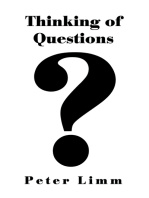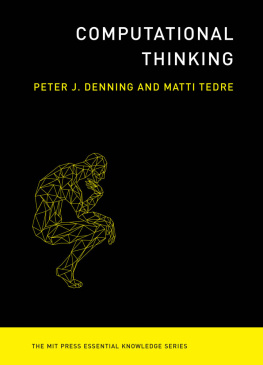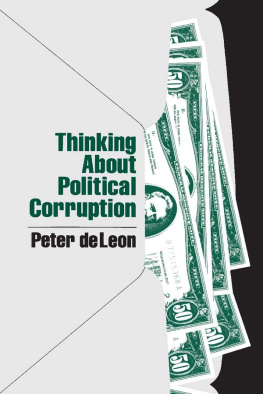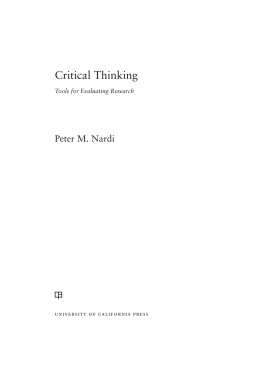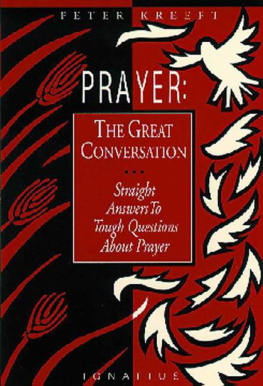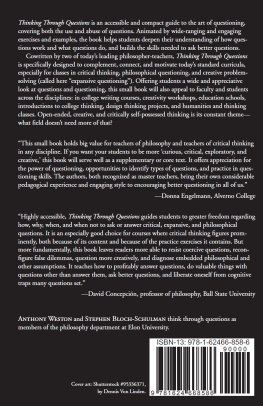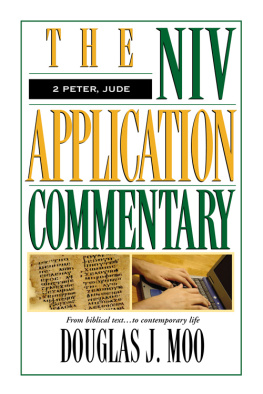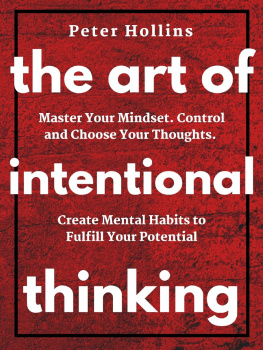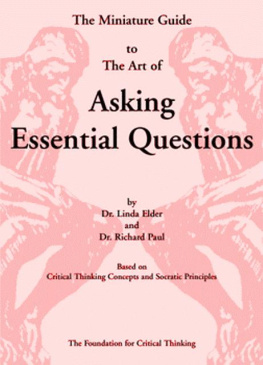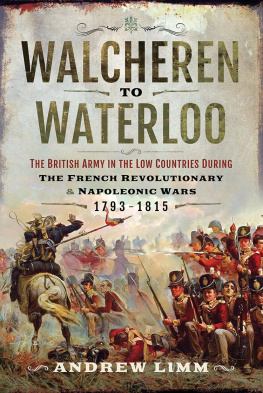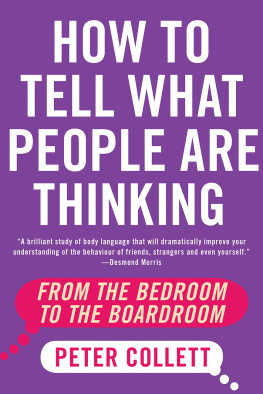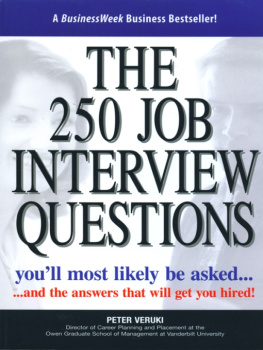Peter Limm - Thinking of Questions
Here you can read online Peter Limm - Thinking of Questions full text of the book (entire story) in english for free. Download pdf and epub, get meaning, cover and reviews about this ebook. genre: Children. Description of the work, (preface) as well as reviews are available. Best literature library LitArk.com created for fans of good reading and offers a wide selection of genres:
Romance novel
Science fiction
Adventure
Detective
Science
History
Home and family
Prose
Art
Politics
Computer
Non-fiction
Religion
Business
Children
Humor
Choose a favorite category and find really read worthwhile books. Enjoy immersion in the world of imagination, feel the emotions of the characters or learn something new for yourself, make an fascinating discovery.
- Book:Thinking of Questions
- Author:
- Genre:
- Rating:4 / 5
- Favourites:Add to favourites
- Your mark:
- 80
- 1
- 2
- 3
- 4
- 5
Thinking of Questions: summary, description and annotation
We offer to read an annotation, description, summary or preface (depends on what the author of the book "Thinking of Questions" wrote himself). If you haven't found the necessary information about the book — write in the comments, we will try to find it.
Thinking of Questions — read online for free the complete book (whole text) full work
Below is the text of the book, divided by pages. System saving the place of the last page read, allows you to conveniently read the book "Thinking of Questions" online for free, without having to search again every time where you left off. Put a bookmark, and you can go to the page where you finished reading at any time.
Font size:
Interval:
Bookmark:
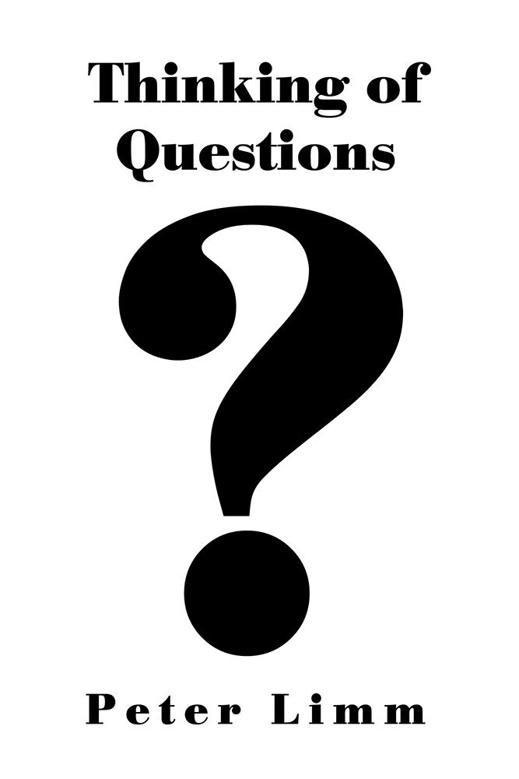
Thinking of Questions
______________
Peter Limm
Copyright 2015 by Peter Limm.
| Library of Congress Control Number: | 2015914590 | |
| ISBN: | Hardcover | 978-1-5144-6321-5 |
| Softcover | 978-1-5144-6320-8 | |
| eBook | 978-1-5144-6319-2 |
All rights reserved. No part of this book may be reproduced or transmitted in any form or by any means, electronic or mechanical, including photocopying, recording, or by any information storage and retrieval system, without permission in writing from the copyright owner.
Any people depicted in stock imagery provided by Thinkstock are models, and such images are being used for illustrative purposes only.
Certain stock imagery Thinkstock.
Rev. date: 09/22/2015
Xlibris
800-056-3182
www.Xlibrispublishing.co.uk
717434
We all carry questions around inside us. It could be argued that our very lives are questions or sets of questions put to us about who we are and what we shall be. No one can avoid the questioning. Questions have a way of lurking beneath the most ordinary appearances. They indicate clearly how curious we are about the world, from the biggest mysteries down to the smallest of puzzles (Try P. Ball, Curiosity: How Science Became Interested in Everything, Random House Books, 2013*; R. Malbert, B. Dillon, and M. Warner, Curiosity: Art and the Pleasures of Knowing, Hayward Publishing 2013*; A. Manguel, Curiosity, Yale University Press, 2015.
Peoples reflections, deliberations, and critical thinking often lead to different visions of how things are, or how they work. These visions can obviously differ in their nature and significance and can change over time. Jayant Narlikar makes clear in his book (The Structure of the Universe, OUP, 1977) that our current view of the universe cannot be a complete and perfect picture since our knowledge has changed over time and will change in the future. This state of affairs necessarily exists in all other quests for knowledge, except where such quests have been foreclosed by truth claims that are asserted as certain and thought to be beyond questioning, beyond debate. However, as Karl Popper has argued, questioning lies at the very heart of problem solving and theory development (see K. Popper, All Life Is Problem Solving, Routledge, 1999*; R. G. Collingwood, The Historical Logic of Question and Answer in his An Autobiography, OUP, 1939). Questioning is vital for everyones intellectual development and is especially important in the education of young people (see R. Bailey, Education in the Open Society, Ashgate Publishing, 2000; S. Law, The War for Childrens Minds, Routledge, 2006*).
It has been estimated that one child alone asks about 40,000 questions between the ages of two and five (P. Harris, Trusting What You Are Told: How Children Learn from Others, Harvard University Press, 2012). However, questions usually become more significant when they cluster around topics or issues that have an enduring appeal to the imagination or intellect. Ultimate/significant questions are those which persist and endure when all others fade away. They have breadth and depth and are intensely human puzzlements. We need facts, but also theories, hypotheses, explanations, and interpretations. Enquiries, based on questions, are a matter of human discovery and creation. Aristotle said, All men by nature desire to know (though unfortunately they may not desire to learn or think!).
There are many different ways of knowing, different ways of seeing. Questioning has led some to seek, and temporarily find, great revolutionary changes in the course of events, which seem to them to require revolutionary or radical action or answers. Others think that such responses are dangerous and lead to the sleep of reason. One thing is clear; visions, beliefs, theories, and their associated questions matter to people. Some people are prepared to die to stop other people asking questions. Others may be willing to die to defend the right to ask questions.
Many, though by no means all, of these questions seem easy to ask, but most are very difficult to answer, if they are answerable at all. Indeed, Michael Brooks has rightly said of physics, for instance, that a child can ask questions that no professor can answer (M. Brooks, The Big Questions: Physics, Quercus, 2012). However, once you start asking questions you will find it difficult to stop, and that is part of the power that asking questions has for developing our enquiring minds. It is possible to argue that everything that puzzles us about any aspect of human endeavour not just ideas, but the products of artists, musicians, writers, architects, engineers, etc. began life as attempted answers to questions or hypotheses or problems (See T. Zeldin, The Hidden Pleasures of Life: A New Way of Remembering the Past and Imagining the Future, MacLehose, 2015).
A. C. Graylings book Thinking of Answers (Bloomsbury, 2010*) is a stimulating set of suggestions on how to think about every aspect of a question, and his questions range widely across the philosophy of everyday life. You will no doubt be provoked to question almost everything he says in his attempted answers, but that is the point of starting to ask questions. Similarly, Alexander Georges book I Am, Therefore I Think: Philosophers Answer Your Questions on Love, Nothingness, and Everything Else (Hodder, 2007*) is another good example of how our most difficult questions might be answered. Usually, though, such answers only provoke further questions! Questions are our ever-present companions, and it seems we cant stop thinking about them. The importance of questioning has been recognised as one of the most powerful forces for igniting change in business as well as in our daily lives. Warren Berger (A More Beautiful Question: The Power of Inquiry to Spark Breakthrough Ideas, Bloomsbury, 2014) has demonstrated how the power of inquiry and questioning leads to breakthrough ideas. His index of questions is a testimony to the power of inquiry as a starting point for an exciting (even if puzzling) journey into the unknown. Questions may well be becoming more valuable than answers!
There is clearly a link between asking questions and thinking. Thinking is not generally easy, especially thinking through the stepping stones of an argument, or proof, or extended explanation. It is often hard work even if it is, sometimes (!), exciting (J. Brockman (ed.), Thinking: The New Science of Decision-Making, Problem-Solving, and Prediction, Harper Collins, 2013). Once you embark on a serious line of questioning, be prepared for the effort of thinking that accompanies the process. For example, after asking your first big question or two about a topic, in order to develop new lines or strings of questioning, you will probably need to understand something of the content of the topic concerned to be able to discern which questions appear to be more interesting for generating further questions. Bodil Jonsson argues that we need to be thinkologists even more than we need to be technologists, people who are able to provide new patterns of thought and, even in the face of uncertainty and possible failure, to press ahead with more questions (B. Jonsson, Ten Thoughts About Time, Constable, 1999).
It takes time to frame the right kind of questions and to scope, probe, and address these effectively. Einstein has been quoted as believing that if he had just one hour to solve a problem after which his life was forfeit, he would spend the first fifty-five minutes making sure he was attempting to answer the right question. It is a question of balancing the tension between having to think quickly on occasions with the need to take sufficient time to ensure actions are well grounded in sensible evidence. This does not mean you have to undertake complicated practical inference activities every time you decide to act (!) only to be quite aware of the dangers of acting quickly. As Daniel Kahneman has argued, the wisdom of the ages is often tested most, on the spur of the moment (see D. Kahneman, Thinking, Fast and Slow, Penguin, 2011).
Next pageFont size:
Interval:
Bookmark:
Similar books «Thinking of Questions»
Look at similar books to Thinking of Questions. We have selected literature similar in name and meaning in the hope of providing readers with more options to find new, interesting, not yet read works.
Discussion, reviews of the book Thinking of Questions and just readers' own opinions. Leave your comments, write what you think about the work, its meaning or the main characters. Specify what exactly you liked and what you didn't like, and why you think so.

